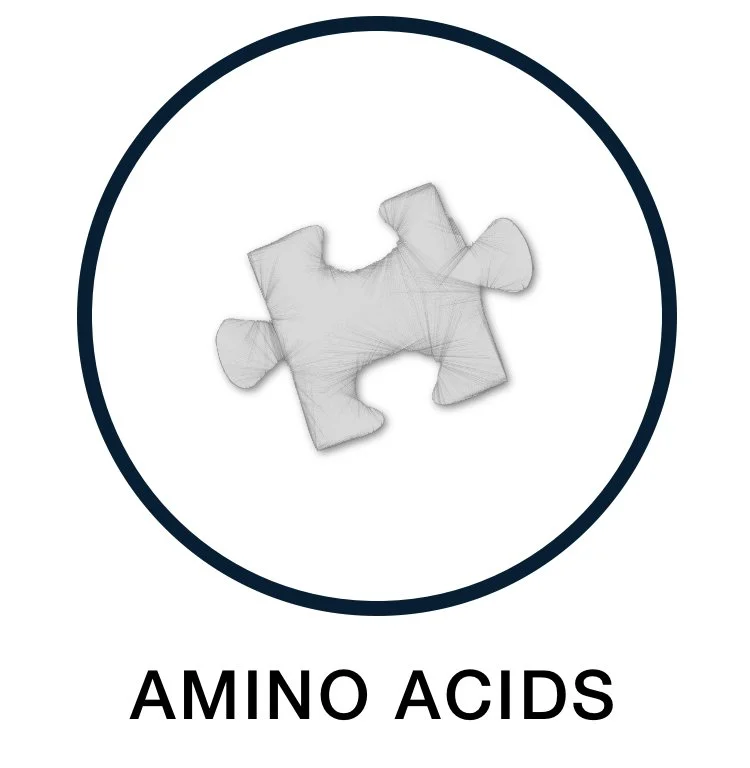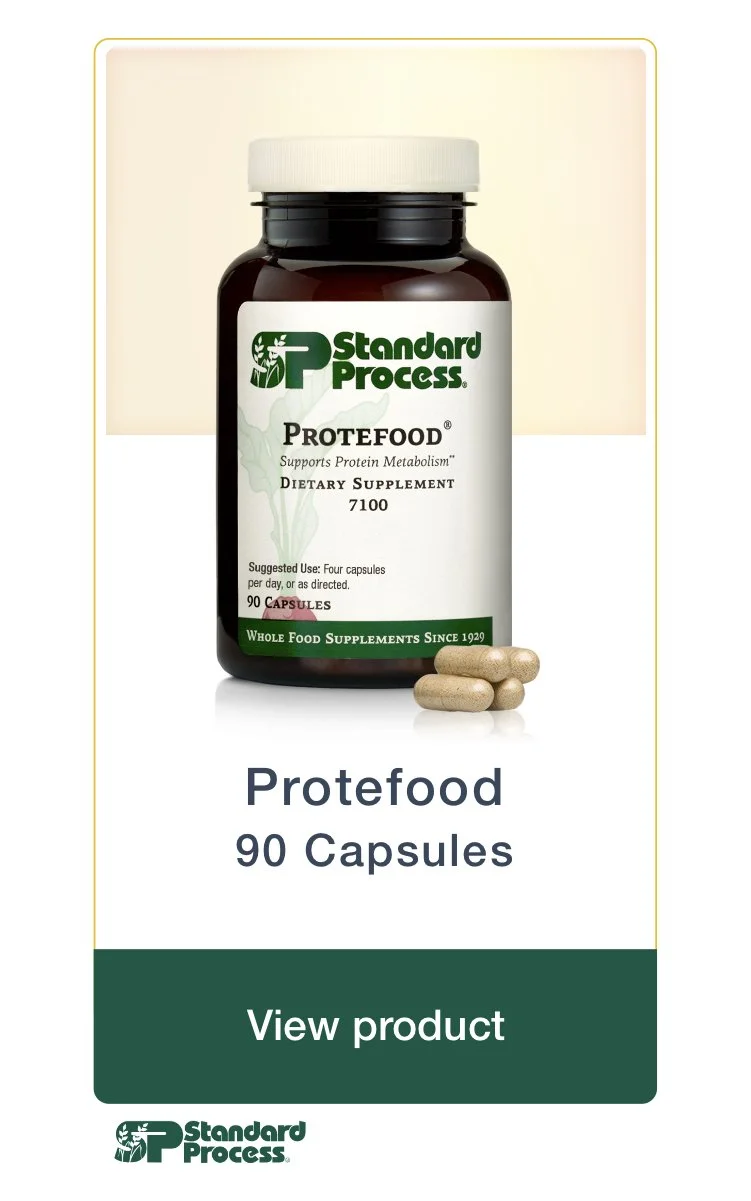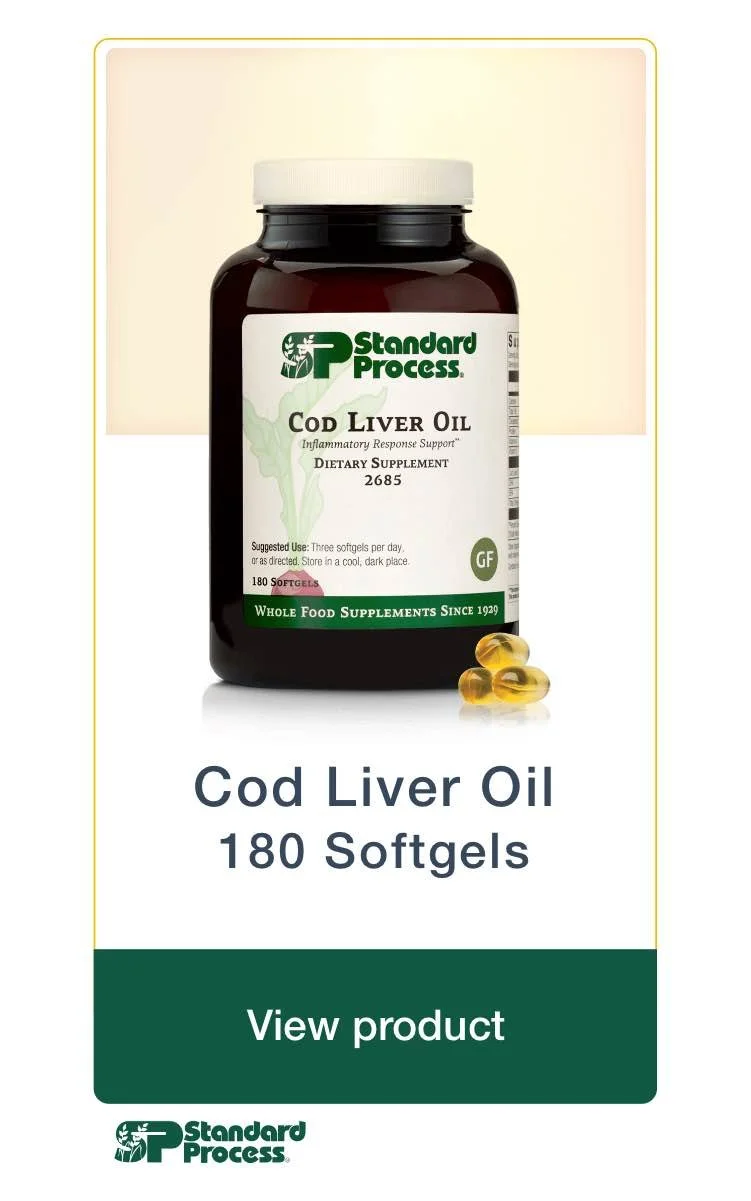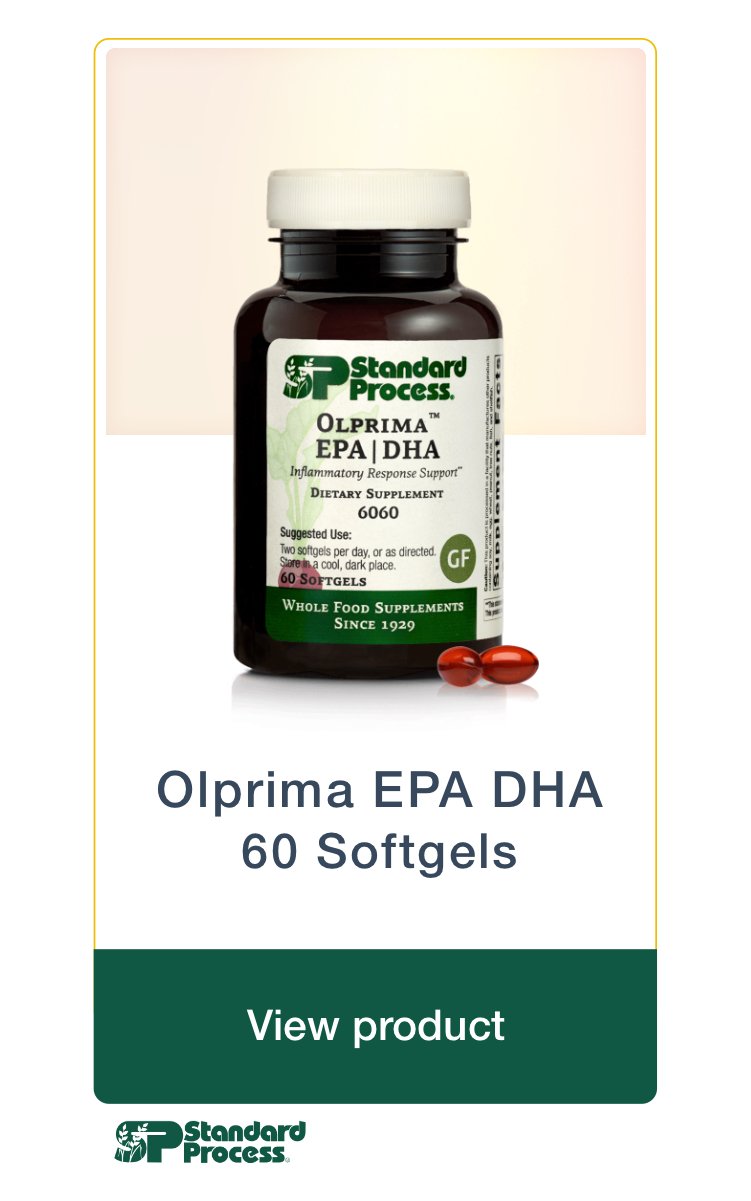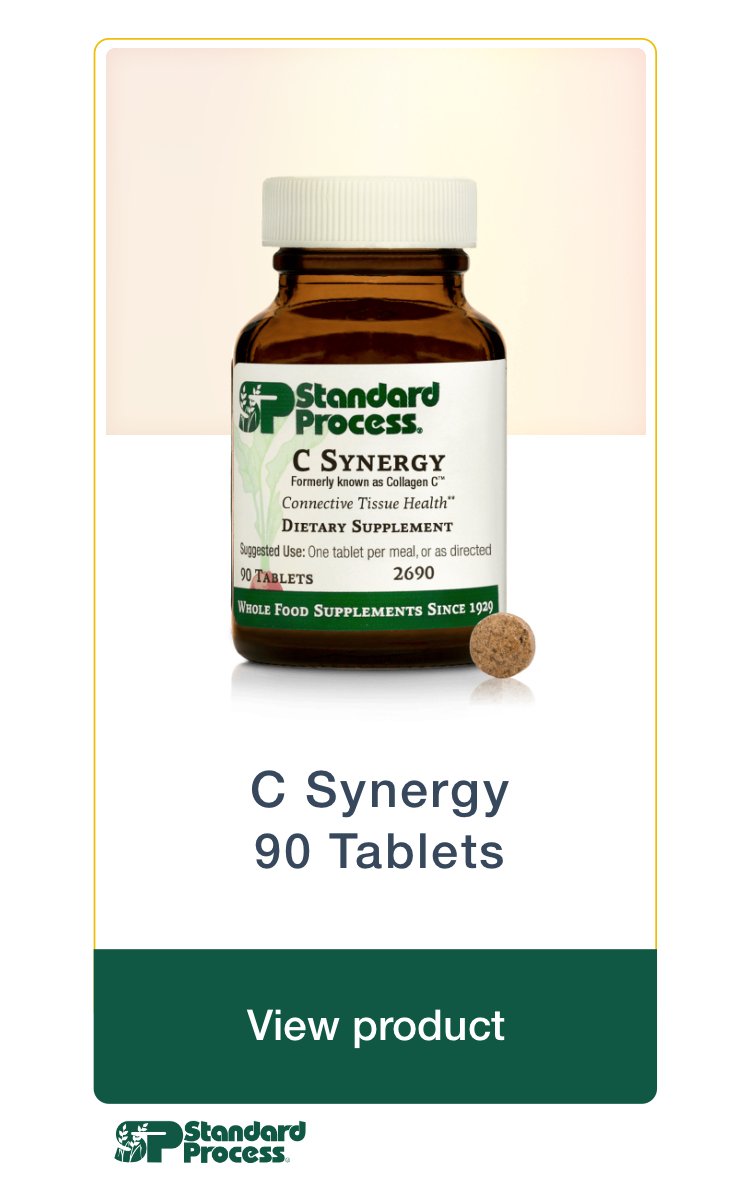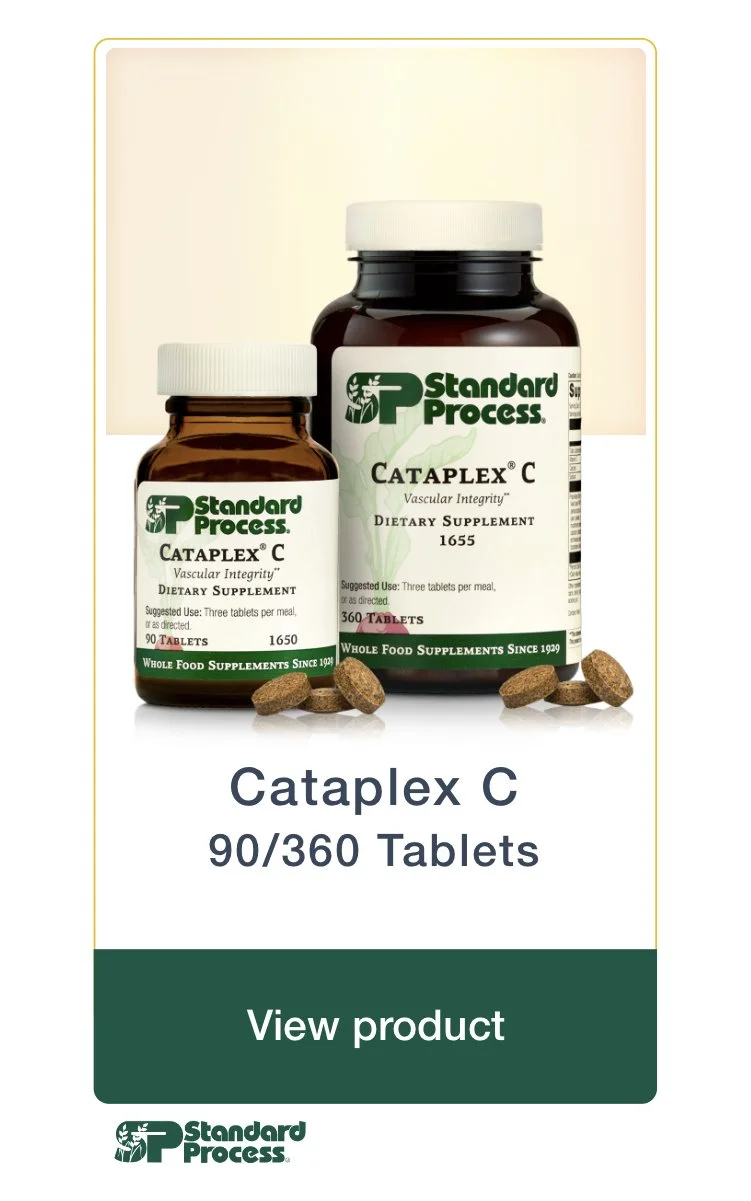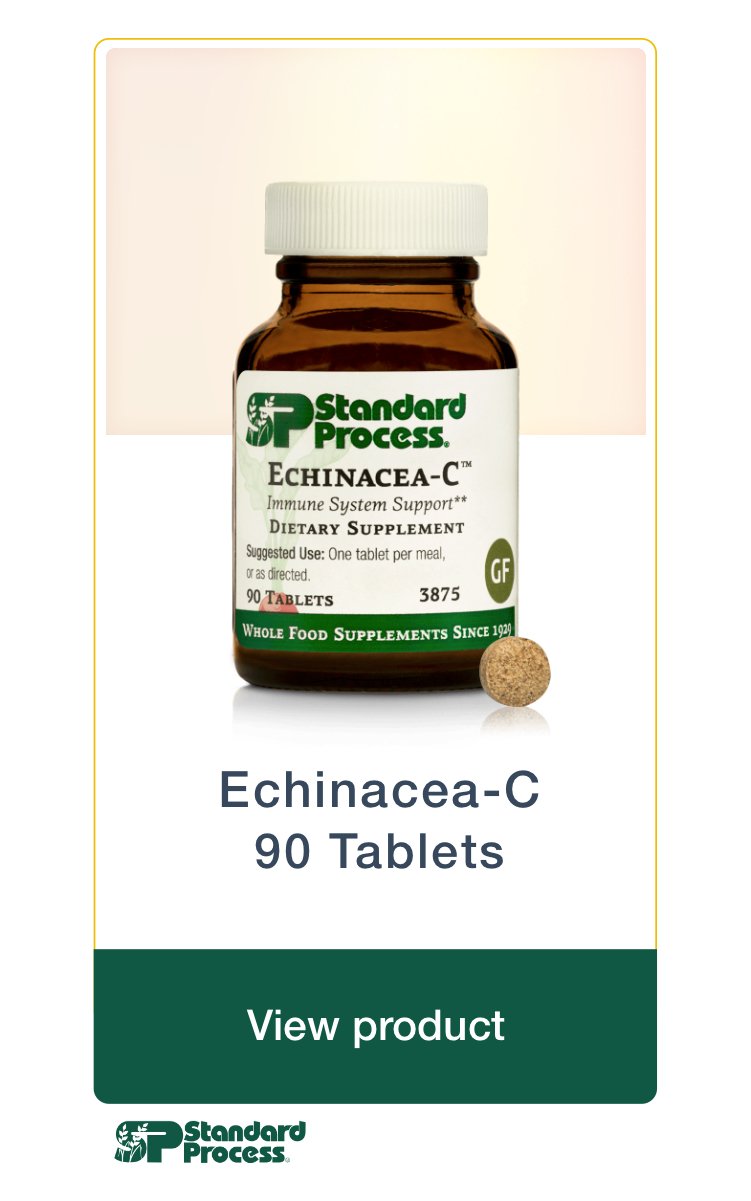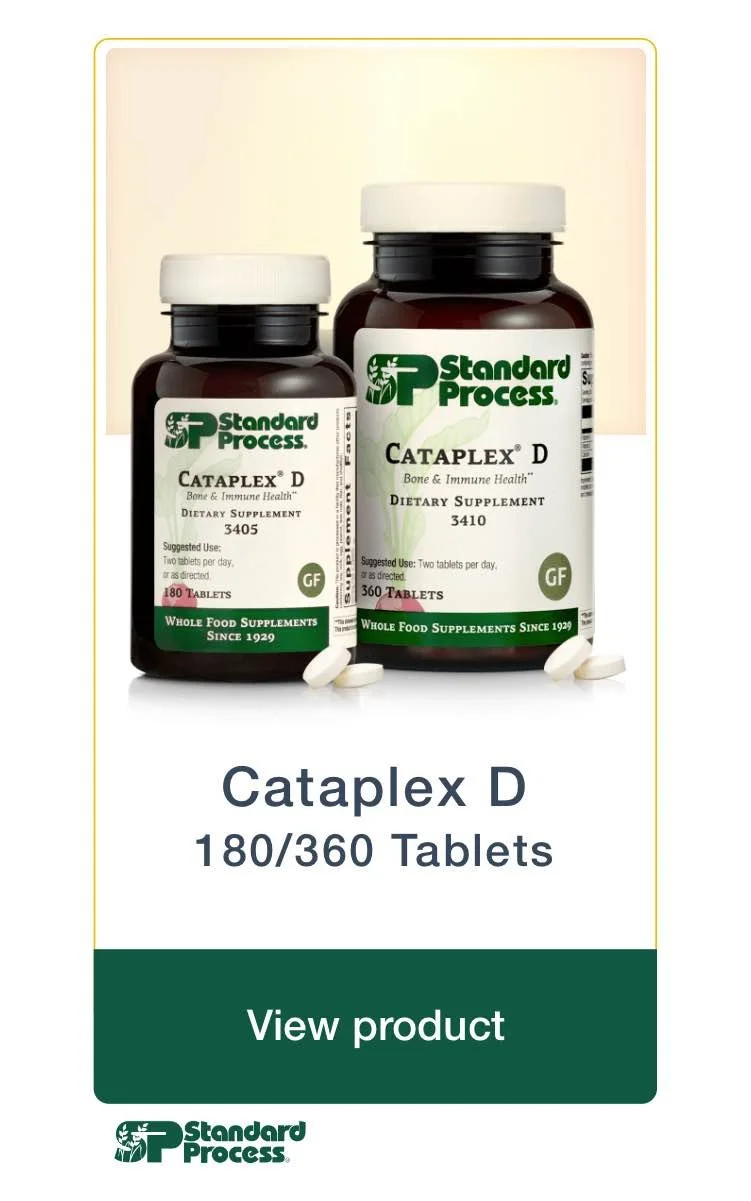ESSENTIAL VITAMINS
Amino Acids
Amino acids are the building blocks of proteins; there are some 22 in all, but not all of them are considered to be essential. The general held thought is that there are eight, arguably nine, essential amino acids. These indispensable amino acids must be acquired from your diet, or through an appropriate supplemental form. Amino Acids are responsible for every structural and functional feature of the human body; your body is relying on you to consistently provide these essential amino acids, and in-exchange… it minds-the-shop, puts-in the oscar-tango, and it-keeps-you-runnin’.*
Alternate Sources of the essential amino acids
connective tissue support (collagen does not contain all of the essential amino acids)
Omega 3 Fatty Acids
Omega-3 fatty acids are a group of three essential fats (DHA, EPA, & ALA) that you must obtain from your diet. Omega-3 fatty acids are an integral part of the membrane of all cells, and are precursors to hormone production. Getting an ample supply of these essential Omega-3s has been shown to support the immune system (eicosanoids), brain (DHA), and eyes, as well as benefit the overall health and function of the human body. Omega-3 supplementation in conjunction with a healthy diet may be effective in supporting a myriad of health conditions, can be useful as a natural anti-inflammatory (EPA), and has been definitively shown to improve lung health.*
Vitamin C
It’s established that somewhere along the way humans lost the genetic coding to internally manufacture their own Vitamin C; more specifically, we lost, or suppressed, what is known as the “GULO gene”. The loss of the GULO gene has made it essential to acquire Vitamin C from our diets. Vitamin C is vital to the immune system, it’s a necessary component of connective tissue and collagen formation, and helps to regenerate other substances such as Vitamin E and Selenium, as well as the master-antioxidant, Glutathione.* And although opinions vary, my belief is that it’s best to get your Vitamin C from food sources or wholefood supplements; not just ascorbic acid which is typically derived from corn (most likely GMO corn) … ascorbic acid being devoid of the bioflavonoids and tyrosinase, and unfortunately, the most common offering on store shelves.
add glutathione and/or fat soluble vitamin e for enhanced antioxidant activity
Vitamin D
Surprisingly, Vitamin D supplementation is not essential. Typically, the ultraviolet rays from the sun convert skin oils into Vitamin D that is then utilized by the body. But here’s the rub for us in the Northern Hemisphere … for most inhabitants of higher latitudes (approx. 35ºN and above), especially the darker skinned individuals living in those latitudes, adequate sun exposure is rarely obtained; at least not enough to optimize Vitamin D levels. In addition, cyclical variations in solar UV radiation along with prevalence of a predominately indoor lifestyle all contribute to pushing Vitamin D, in my opinion, into the category of essential supplementation.*
